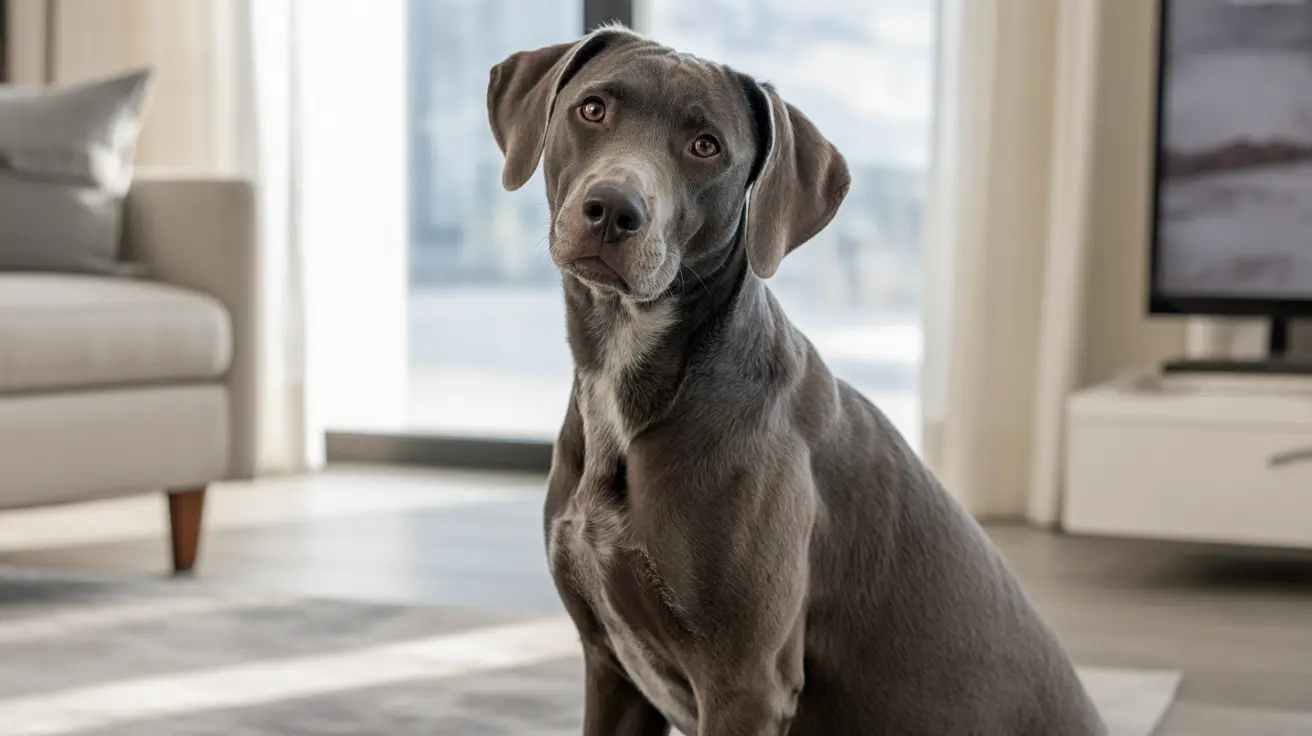Are Goldadors Healthier Than Golden Retrievers?
When deciding between a Goldador and a Golden Retriever, one common concern among dog owners is health. While both breeds are loved for their friendly temperament and loyalty, their health profiles can differ slightly due to lineage. In this article, we’ll explore and compare the health aspects of these popular dogs to help you make an informed choice.
Understanding the Breeds
Golden Retrievers are a purebred breed known for their intelligence, gentleness, and loyalty. They are popular as family pets and in service roles due to their trainability and friendly demeanor.
Goldadors, meanwhile, are a hybrid mix of a Golden Retriever and a Labrador Retriever. The goal of this crossbreed is often to combine the best traits of both parent breeds — particularly their work ethic and affectionate nature — while potentially reducing health issues typically seen in purebred dogs.
Common Health Issues in Golden Retrievers
Golden Retrievers are predisposed to several inherited health problems, which can impact their quality of life and lifespan:
- Cancer: Golden Retrievers have one of the highest cancer rates among dog breeds, particularly hemangiosarcoma and lymphoma.
- Hip Dysplasia: A common orthopedic issue where the hip joint doesn't fit properly, leading to pain and arthritis.
- Elbow Dysplasia: Another joint-related condition that can cause lameness and inflammation.
- Heart Disease: Especially subvalvular aortic stenosis (SAS), a condition affecting the heart's ability to pump blood.
- Eye Conditions: Including cataracts and progressive retinal atrophy (PRA), which can lead to vision loss.
Health Advantages of Goldadors
Because Goldadors are a mix of Golden Retrievers and Labrador Retrievers, they may benefit from what is known as
hybrid vigor, a phenomenon where crossbreeding leads to healthier offspring. This doesn’t mean Goldadors are immune to genetic health problems, but they may show fewer breed-specific issues:
- Reduced Cancer Risk: Some studies and anecdotal evidence suggest mixed breeds including Goldadors may exhibit lower cancer rates than purebred Goldens.
- Joint Health: While still prone to hip and elbow dysplasia, the risk may be slightly reduced depending on genetic inheritance.
- Eye and Heart Conditions: These issues can still occur, but with responsible breeding practices, risks can be minimized.
Genetic Diversity and Hybrid Vigor
Hybrid vigor can potentially give Goldadors a health advantage through increased genetic diversity. By mixing the gene pools of two breeds, some hereditary issues may be less pronounced. However, this benefit varies depending on the breeder and the health of the parent dogs. If both the Labrador and Golden Retriever parents carry the same genetic disorders, the crossbreed is still at risk.
Life Expectancy Comparison
The average lifespan for both Golden Retrievers and Goldadors is quite similar, typically ranging from
10 to 12 years. However, individual health, diet, exercise, and genetics all influence a dog's life expectancy.
Importance of Responsible Breeding
Whether you're considering a Goldador or a Golden Retriever, the most crucial factor in ensuring a healthy dog is partnering with a
responsible breeder. Look for breeders who test for common genetic conditions and prioritize health over appearances or profit. Ethical breeders will provide health clearances for both parent dogs.
Preventive Health Strategies
Regardless of the breed, following best practices in care can greatly enhance your dog’s overall health:
- Regular Vet Checkups: Early detection of issues can improve treatment outcomes.
- Balanced Diet: Proper nutrition supports immune function and joint health.
- Exercise: Keeps your dog physically fit and mentally stimulated.
- Vaccinations and Parasite Prevention: Prevents many life-threatening illnesses.
- Weight Management: Obesity is a risk factor for many canine health issues, including arthritis and diabetes.
Temperament and Suitability
In addition to health, both breeds are known for their loving and outgoing personalities. Golden Retrievers are ideal for families and therapy work, while Goldadors, with their added adaptability, excel in service roles and make great companions for active households.
Conclusion
Goldadors may be marginally healthier than Golden Retrievers due to their mixed lineage and increased genetic diversity. However, both breeds are prone to similar health issues, especially those inherited from the Golden Retriever line. When choosing between the two, prospective owners should prioritize responsible breeders and be proactive in their dog’s health care to ensure a happy and healthy life for their pet.





